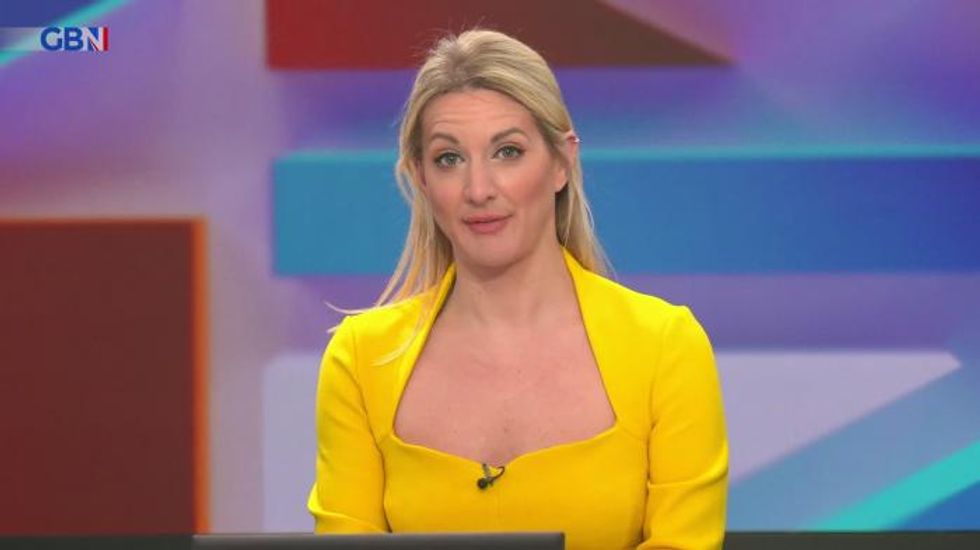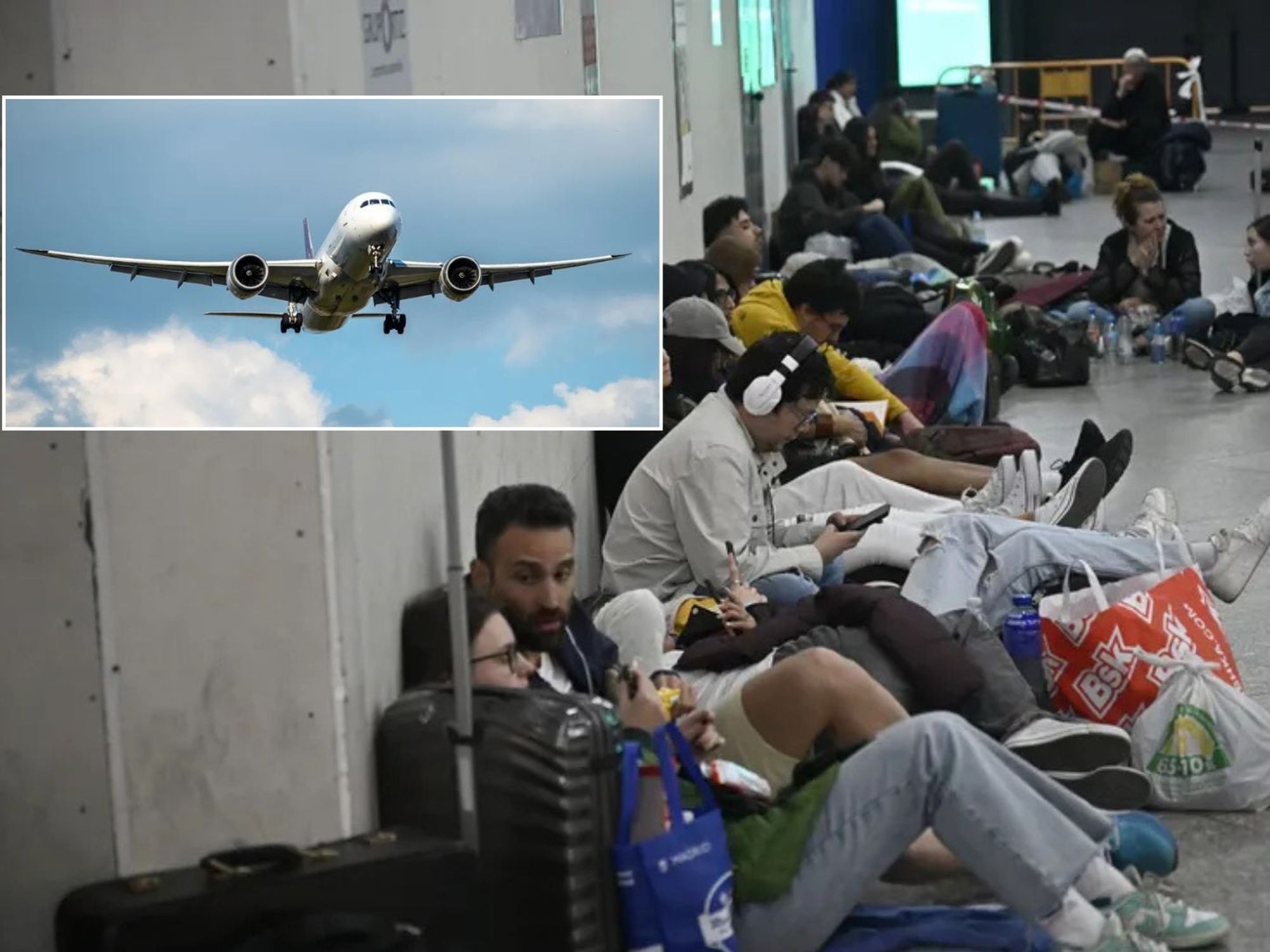'While mathematics is a wonderful thing, its broad application struggles to calculate emotion'
Don't Miss
Most Read
Trending on GB News
For many philosophers, truth only exists in mathematics. Numbers alone are the highest form of reality. How often do we express ourselves in the form of calculations? The glass is half full. Two plus two does not equal five. You don’t feel one hundred percent, one hundred percent of the time. Maths has a huge impact on our lives, even if we barely pause to realise.
There are formulae for your car insurance, models to determine interest rates and mortgage repayments, sums to work out your Christmas bonus, algebra to design of the bridge you cross and arithmetic to estimate the time it takes you to get to work. Equations are interwoven into everything.
Yet it’s fair to say that never before has mathematics and modelling been used to dictate quite so much of our lives as it is today.
Next slide please.
Because a lot of the rules that have locked us indoors, gobbled up our basic freedoms, separated us from loved ones, cancelled operations and rolled out mass vaccinations have been underpinned by modelling. Or “The Science”, as we are repeatedly reassured by the Government. And who could argue with that? Maths never lies. Does it?
Next slide please.
Yet anybody with even the faintest grasp of The so-called Science knows that there is really no such thing. There is no one orthodoxy. No singular set of proven principles that can act as a sole determinant for a course of action in what are wholly unprecedented times. Because what you get out of an equation depends entirely on what you put in.
And here lies the chicken and egg conundrum at the heart of the current controversy about whether or not we should be locked in our homes again, this side of Christmas, or the other.
An extraordinary exchange took place on Twitter over the weekend between the editor of The Spectator and the Chairman of the SAGE modelling committee, the maths boffins churning out the stats and projections that guide government policy.
Professor Graham Medley, when asked whether they were modelling only for worst case scenarios, let it slip that ‘we generally model what we are asked to model. There is a dialogue in which policy teams discuss with the modellers what they need to inform their policy.”
The distinction revealed by this casual comment is major. A Copernican revolution in thought. Because if it’s the case that rather than Government guidance being based ON the modelling, the modelling is commissioned to back up the guidance, then we are in a situation where if the government wants six, the statisticians must give them 2 times three.
In short, the required outputs are deciding the inputs. Show me the scenario where the NHS is overwhelmed and provide the evidence of how this would happen.
Next slide please.
Plato once said: “I have hardly ever known a mathematician who was capable of reasoning” and perhaps this is something we should all bear in mind.
Because while mathematics is a wonderful thing, its broad application struggles to calculate emotion, free will, nuance or treat humans as complex individuals, rather than units of blunt measurement. And history has taught us that when regimes implement such crude calculations as productivity, risk and man management, society is far worse for it. Here’s looking at you, Communism.
Even big elections over the past decade have exposed major flaws in modelling. You just have to look at how polling has been consistent in being consistently off. And just as pollsters often disagree on their verdicts, using different weightings, questions and sample sizes to garner diverse results, so too do the data scientists currently number crunching to inform the government.
So like it or not, isn’t it time we mere mortals tried to lift the lid on quite how these modellers are drawing their conclusions, given the extreme impact they are having on the very fabric of our existence? It’s time for your GB News advanced maths lesson, because today, we really need to talk about The Science.









